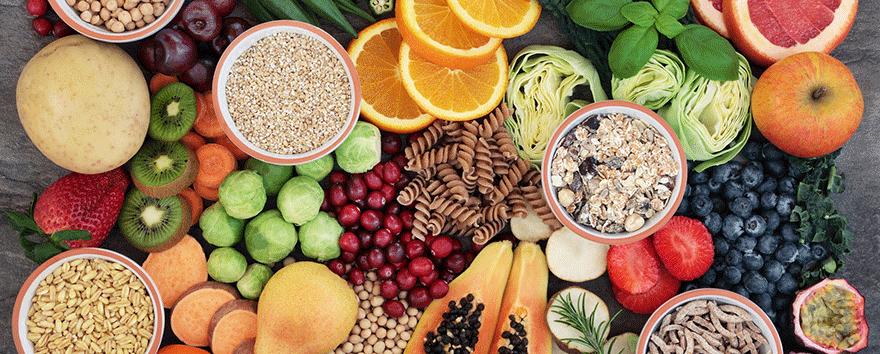
New figures on fibre intake and bowel function for women
Harvard Medical School recently reported that women who include plenty of fibre in their diet are a fifth less likely to develop bowel control problems as they age. Women eating more fibre were 18% less likely to have faecal incontinence (inability to control bowel movements) and a third (31%) less likely to have diarrhoea.
The research team investigated the effects of long-term fibre intake among 58,000 women taking part in the renowned Nurses’ Health Study. Those taking part were divided into five groups based on their daily fibre intakes. Those with the highest fibre intakes – 25g daily – had a faecal incontinence risk that was 18% lower than those with the lowest fibre intakes.
Fibre intakes in the UK are concerningly low. Latest data shows that women aged 19 to 64 years are getting just 17.4g daily. This is sufficiently lower than dietary guidelines which recently increased to 30g daily, indicating a large fibre gap.
Boosting intakes of wholegrains, fruit and veg, dried fruit and pulses, and drinking smoothies are all suggested remedies to this gap.
Recent research conducted at the University of Leeds and published in the Journal of Nutrition and Food Science has studied the level to which cell wall structures stay intact during simulated digestion with Innocent smoothies. The team studied the cell wall structures and noted that these remained intact in an Innocent fruit smoothie (blend of banana, mango, orange and apple) but not in fruit juices (apple or orange).
Nutritionist Dr Emma Derbyshire says: “Fibre is a Cinderella nutrient that often gets overlooked and forgotten about. Low intakes coupled with increased guidelines mean that the fibre gap has now become wider than ever.
“These findings show just how important fibre is for the regulation of bowel function and indeed women’s quality of life as they age. Simple daily adjustments such as switching to wholegrains, incorporating dried fruits and pulses and further boosting fruit and veg intakes could all help in the mission to obtain adequate dietary fibre.”
Read more Insights here...